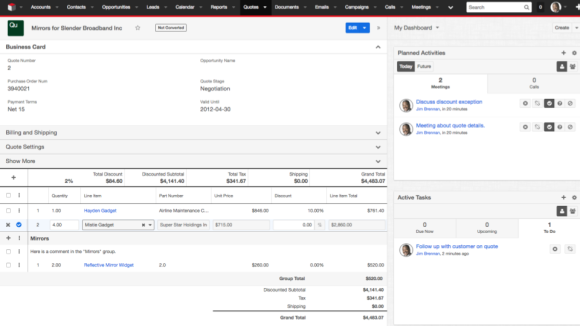Sugar uses platforms to support the needs of multiple Sugar clients. The Sugar REST API uses the platform parameter to indicate which platform is being used. If you’d like a refresher on what the platform parameter is and how to use it, check out this blog post.
In Sugar 7.9, we added a new Platform extension that we advised developers to start using in the Sugar 7.9 Migration Guide. The Platform extension allows you to indicate a particular custom platform should be allowed when the disable_unknown_platforms configuration setting is on.
Changes coming in Winter ’18 release
In the Winter ’18 release, we will be preventing REST API access to Sugar from unknown platform types.
Sugar has a configuration setting disable_unknown_platforms that controls whether or not unregistered platforms are allowed to be used when logging in using the REST API. The current default value for disable_unknown_platforms is false. In the Winter ’18 release, we will be changing the default to true, which is how it is already reflected in the documentation.
If your integration uses a custom platform, this custom platform will need to be registered in each Sugar instance or your integration will break!






